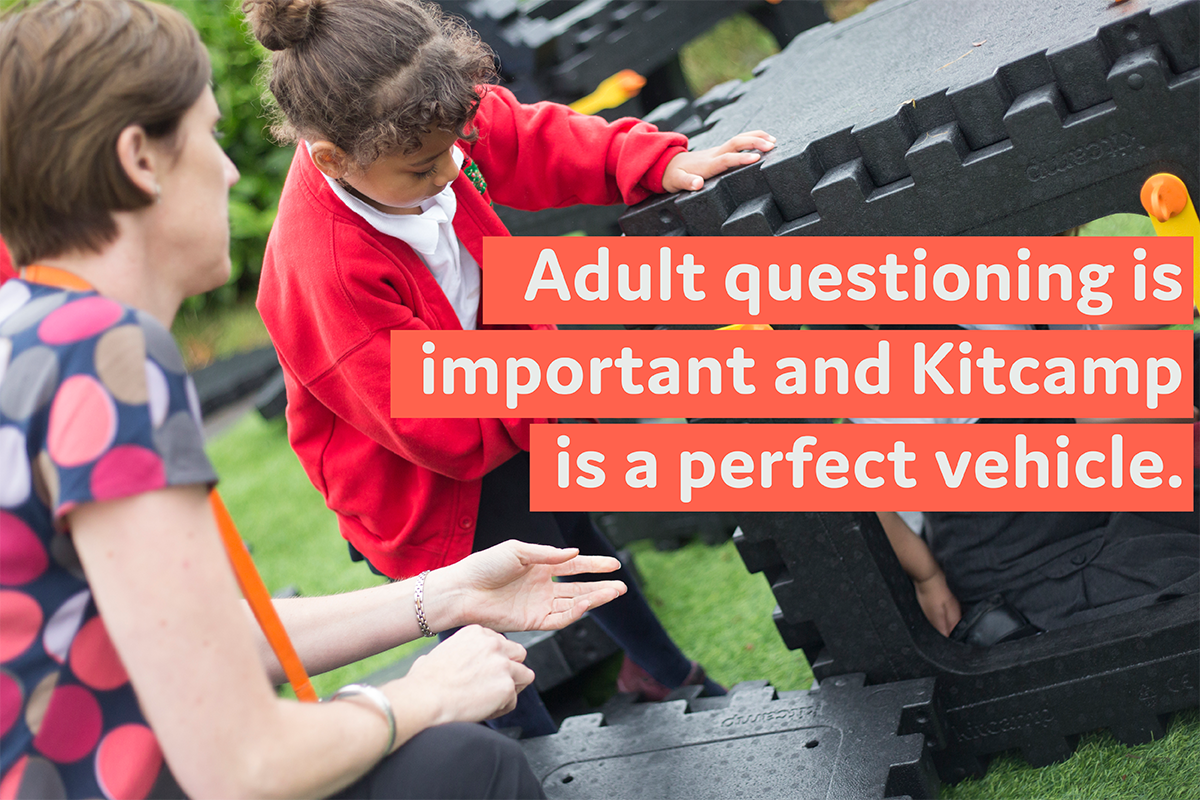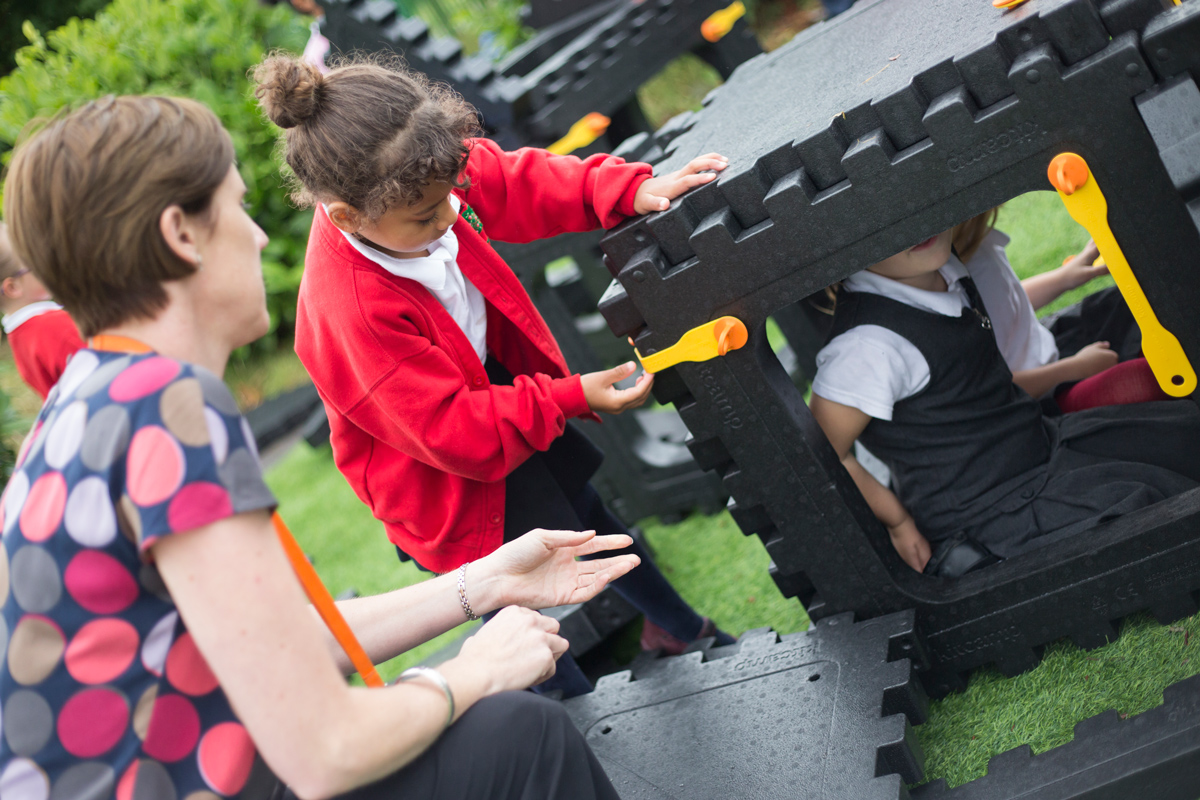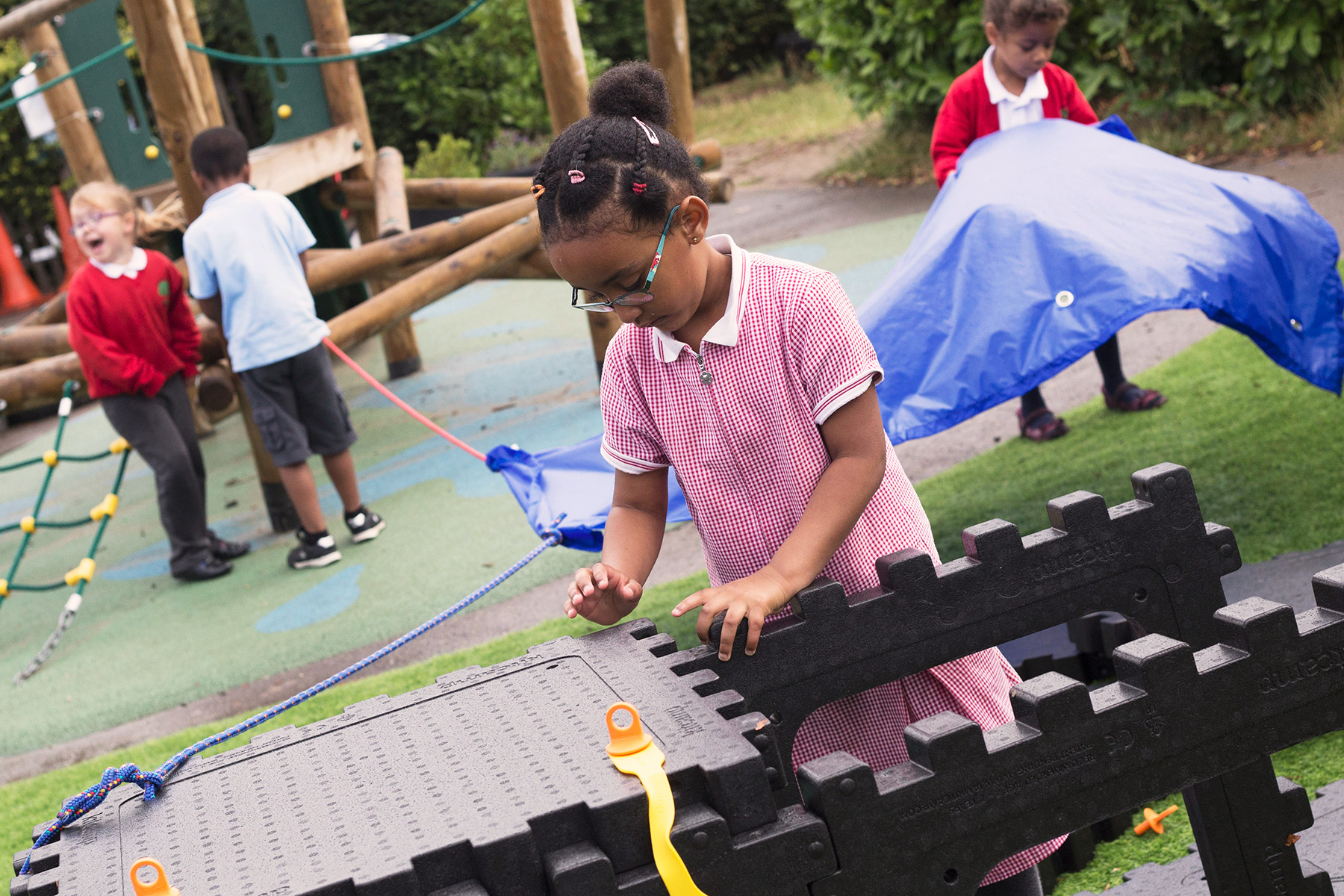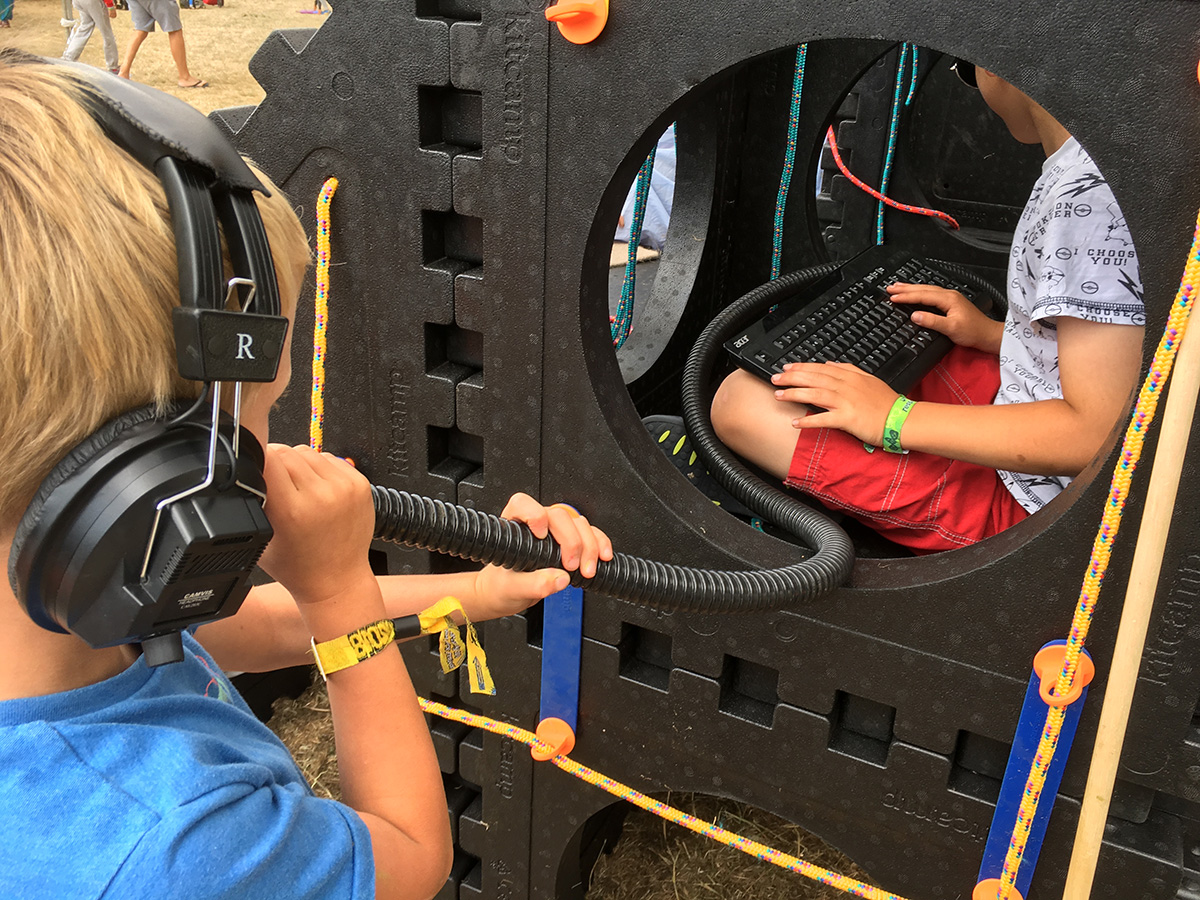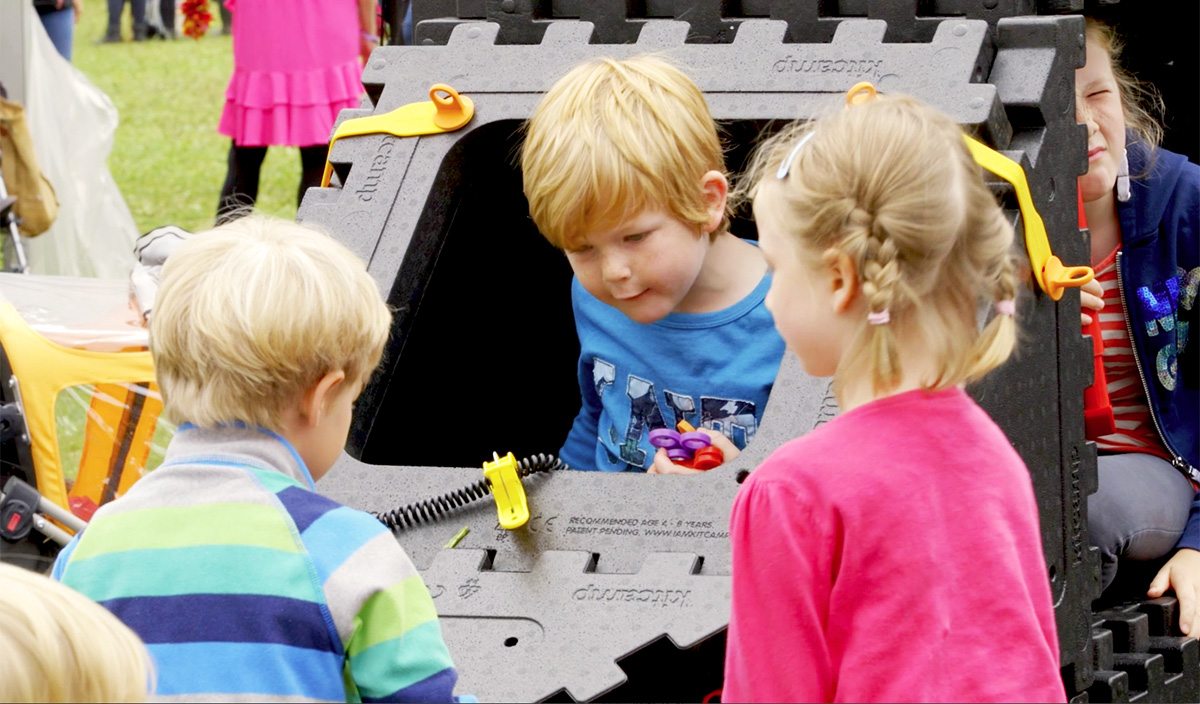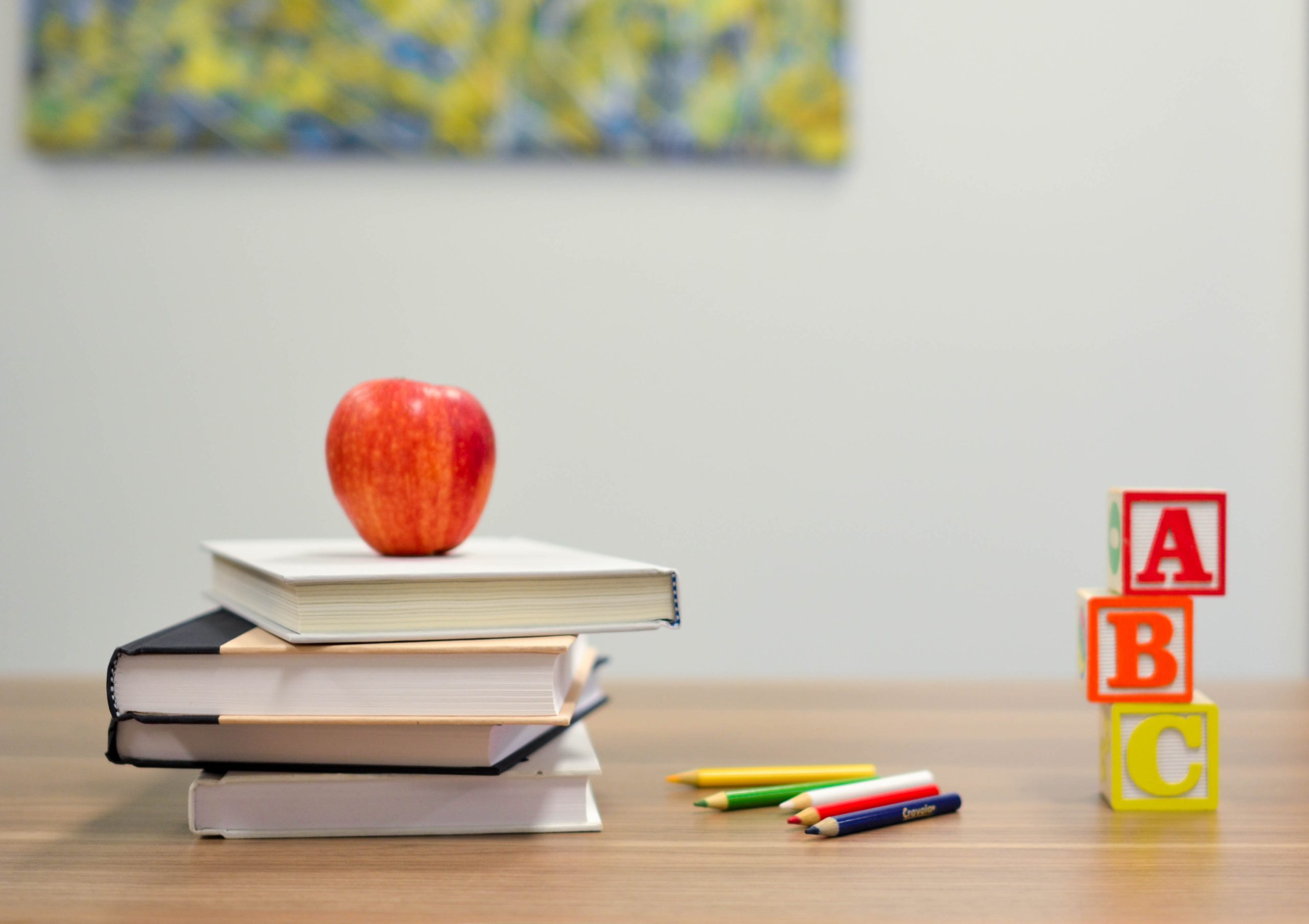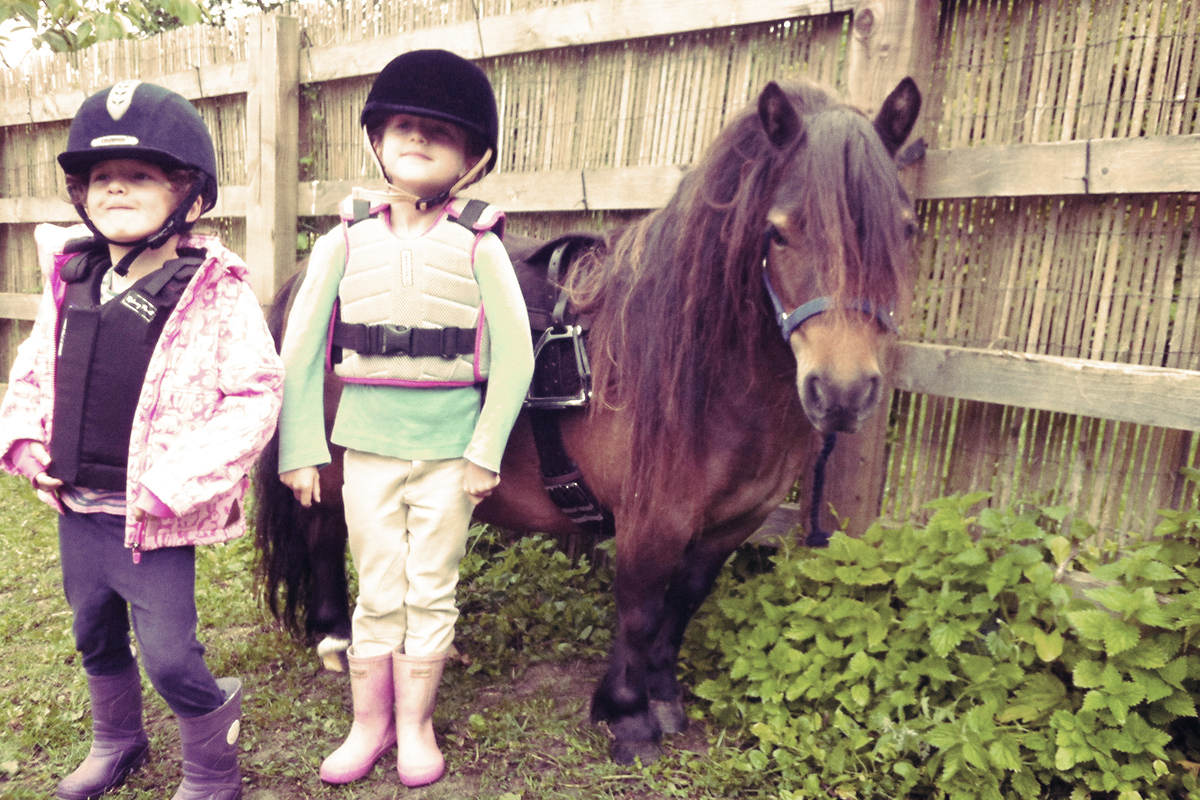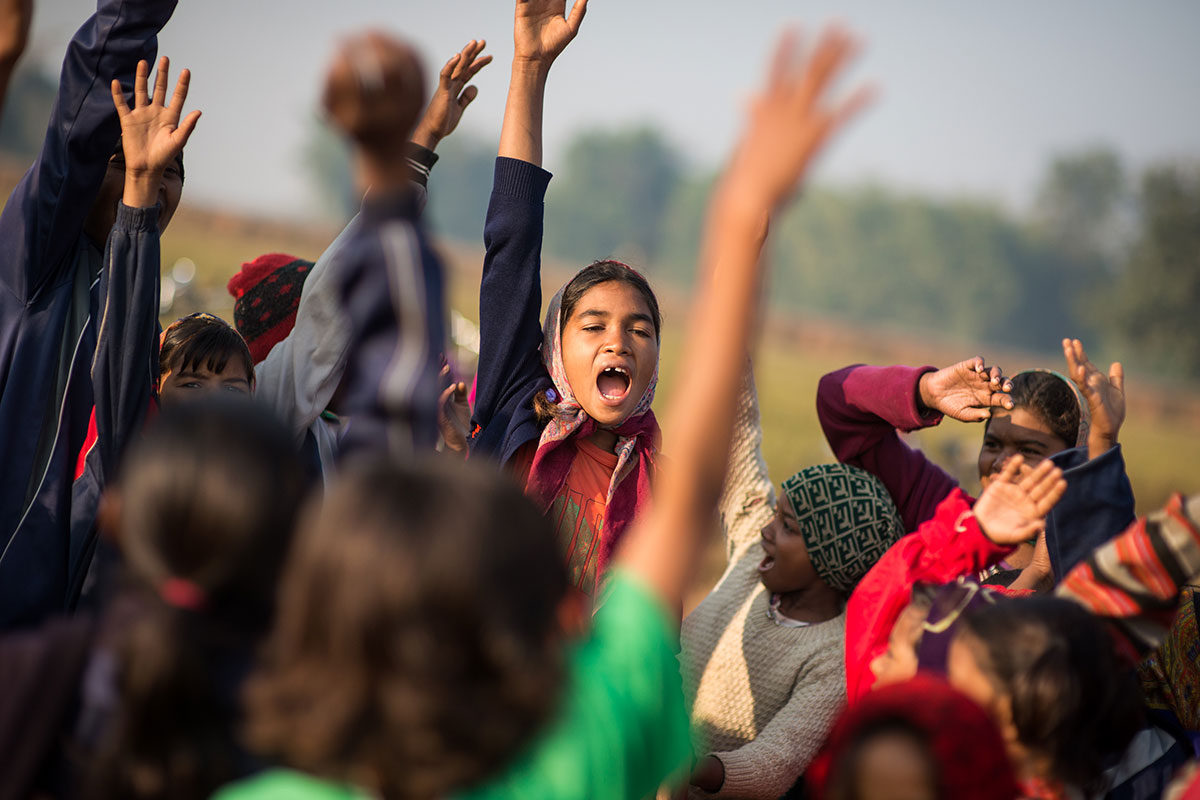Building resilience through a growth mindset
Activity focused problem-solving group and individual tasks. Problem-solving and individual tasks have an important part to play in enabling us to build a growth mindset in children. We unpick what it is, and finally, we have a handy translation table to help adapt dialogue with children. What is really meant by a fixed or growth
Continue reading »
